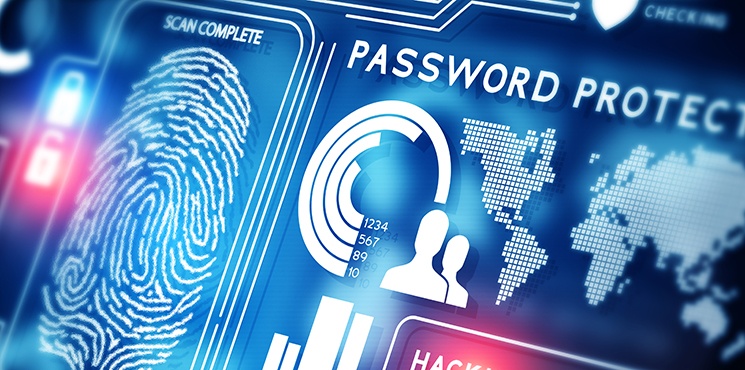Password management can be as stressful as planning for retirement, reveals new research by NordPass. More than 30% of people think that resetting and coping with passwords is hugely stressful, and can be compared to the stress of ceasing to work.
However, losing a vital password without a password reset option is far more stressful. 68% of the respondents agreed that it’s as stressful as dismissal from work or changing jobs.
Data breach and identity theft were deemed even more stressful. 77% of respondents compared data breach to personal injury, illness, and financial problems. 81% compared identity theft to having personal documents stolen or losing a wallet.
Too many passwords
Why is password management so difficult? 67% of the survey respondents say that it’s because they simply have too many accounts to manage. 44% can’t remember which password is for which account, and 41% can’t remember because they use unique ones for every account.
“It is not surprising that people struggle with effective password hygiene. Our study revealed that 7 out of 10 respondents have more than 10 password-protected accounts for personal use. 2 out of 10 have more than 50 such accounts. On top of that, add all work and school-related accounts, and it ends up being a huge amount of information,” says Chad Hammond, security expert at NordPass.
Not all accounts are the same
NordPass research also confirmed that people view some accounts as more important than others. For example, 85% of people think it would be very harmful if their bank accounts get hacked. 76% agree that having their personal email hacked would be extremely damaging, and 72% feel that way about large online store (such as eBay or Amazon) accounts. In comparison, only 44% of people perceive it harmful if online forums (such as Reddit or Medium) or fitness apps get hacked.
“People tend to worry about financial accounts more. But it’s important to remember that if you use weak or repurposed passwords, it doesn’t matter which account gets hacked. In essence, all accounts become jeopardized,” says Chad Hammond, security expert at NordPass.
Sadly, even the most critical accounts are left insufficiently secured. For example, only 56% use a unique password to protect banking or other financial accounts. Similarly, only 47% protect their personal email account with a unique password.
Even cybercrime victims don’t take appropriate actions
Out of all the people surveyed, 22% have been victims of cybercrime. Out of all victims, 52% consider themselves tech-savvy, 50% are between the ages of 25 and 44, 14% are business owners, and 11% are managing directors.
“We started seeing a pattern when comparing the data of cybercrime victims and those who have never fallen prey. People who have been hacked tend to have more password-protected accounts. They’re also more ready to admit it’s extremely challenging to manage them,” says Chad Hammond, security expert at NordPass.
The study also reveals a different attitude towards passwords by those who have been affected by cybercrime. “Victims become more concerned about their email, forums or entertainment, communication, health apps’ accounts. They also acknowledge the necessity of strong passwords for these accounts more often. However, they don’t seem to take any action. Victims of cybercrime don’t tend to secure their accounts with unique passwords more often than those who haven’t experienced cybercrime,” says Chad Hammond, security expert at NordPass.
Want more news from the Tech world for Gaming Peripherals to Hardware Click Here







